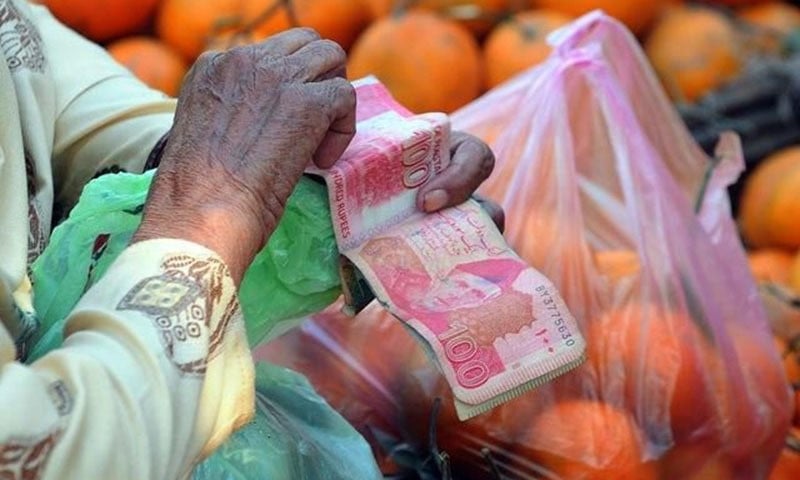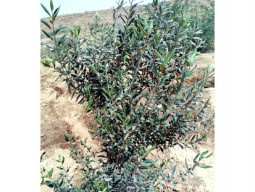
Where the recent surge in petrol and electricity rates has complicated the survival of numerous low-income households, pushing many below the poverty line, the fluctuation in prices of basic food items across areas in the port city acts as the final nail in their coffin.
Even though the current spell of inflation has compelled citizens to reduce their consumption of luxury items, bare necessities like flour, rice, oil, fruits, vegetables and pulses are imperative to their survival and have to be purchased regardless of how much they cost. Therefore, constant fluctuations in the costs of these staple ingredients have heightened food insecurity among the low-income populace, which struggles to afford three meals a day amidst rising petrol and electricity rates.
Shazia Ahmed, an employee at a private company conveyed the gravity of her financial circumstances due to the rising food prices. “Our survival had already become complicated after the petrol and electricity rates were increased however, now with the prices of flour, rice and pulses constantly spiraling, our hopes for any improvement in our situation are dying,” despaired Shazia, who went on to add that despite their sky rocketing expenditures, there was no increase in their salaries.
Seconding Shazia’s despondence was Shariq, another local who also claimed that there was no uniformity in the prices of staple ingredients like meat, vegetables and fruits and every seller was charging a price according to their whims. “Even if you go buy tea at a hotel, every seller will demand a different price varying by Rs10 to Rs20 for the same customary recipe,” complained Shariq, who demanded that the government take swift action against such businesses to relieve the financial strain on the average citizen.
According to Dr Sabir Michael, a sociologist, the increase in prices of raw food ingredients was a classic example of artificial inflation, where many sellers have started demanding an unreasonably higher price for basic food items after the rise in their cost of stock transportation following the surge in petrol rates. “Because of this, the poor and middle classes are suffering the most since three meals a day have been rendered a luxury for many families,” bewailed Michael, who felt that no efficient system existed for controlling food prices in Karachi.
In responding to the criticism hurled by experts, Kokab Iqbal, Chairman of the Consumer Association of Pakistan (CAP) maintained that the Commissioner of Karachi had established a number of committees to reevaluate the costs of all food commodities, including flour, pulses, sugar, rice, ghee, spices, oil, vegetables, fruits, and dairy.
“Moreover, specific changes made to the Sindh Consumer Protection Act of 2014, now allow Assistant Commissioners to impose a penalty of up to Rs100,000 on sellers charging prices higher than the market price,” assured Iqbal.
However, Atiq Mir, Chairman of the Karachi Trade Union, differs with Iqbal since he believes that taking targeted action against certain shop keepers would not suffice until or unless the entire mafia in the city was brought under the law. “The government should devise a strategy in cooperation with all the relevant market stakeholders and change the current system of price determination and regulation,” asserted Mir.
Speaking to The Express Tribune on the matter, the Deputy Commissioner of Karachi, Kemari Junaid Iqbal said,” We are taking organized action against retailers who are instigating artificial inflation in the city. We have also formed specialized committees that are working on fixing the prices of all food items on behalf of the Commissioner of Karachi.”
Published in The Express Tribune, October 6th, 2023.

1719315628-0/BeFunky-collage-(8)1719315628-0-405x300.webp)


1731329418-0/BeFunky-collage-(39)1731329418-0-165x106.webp)













COMMENTS
Comments are moderated and generally will be posted if they are on-topic and not abusive.
For more information, please see our Comments FAQ